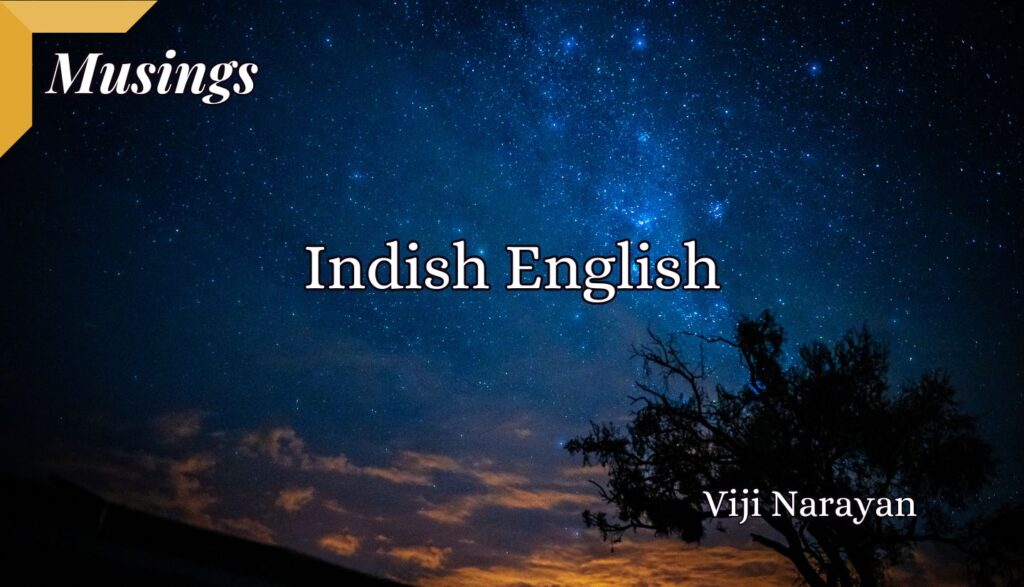
During the summer holidays when my seven-year-old grandson comes home to Coimbatore from London, I try my best to introduce him to all things Indian. It is the time when he is introduced to all sorts of South Indian delicacies. Like most kids, he too happens to be a great fan of the crunchy crispy paper-thin dosas made here. He loves the big dosas served in a cone-like shape in the famous Anna Poorna restaurant in Coimbatore. He calls it hat dosa due to its shape (he even tried to put it on his head when he was younger). So when he asked me for his favourite hat dosa, I told him I would take him to the hotel in the evening. My very British grandson was totally nonplussed for a few seconds, then in a condescending tone he said “Oh, I know in India people use the word hotel for a restaurant.” He has watched the show “Somebody Feed Phil” with his parents, and has heard him mentioning in his show on India that Indians use the word hotel instead of restaurant. I was bowled over and like Professor Higgins, I wondered if the English spoken in India would be painful to the ears of my British grandson.
I started wondering about the way in which the English language is manipulated in different parts of India. Yes, indeed, though many youngsters in India ape an American pronunciation, it is spoken so very differently in different states of India. Mahatma Gandhi rightly pointed out that English is so elastic that you can find another word to say the same thing. Though English happens to be the primary language of international communication, business and diplomacy, its usage is so very different in every single country that uses it. Many words are spelled differently too! Australians and Americans have their own set of slangs, not to mention the famous Irish or Scottish usages.
Our Indish English is so very different and so very diverse, as our country itself. Malayali accent is so very pronounced in its use of retroflex sounds which are highly pronounced. No need to say that the intonation of our regional languages affects the way English words are pronounced in each state. The sing-song is different, hence we hear English all over India in all its mutilated form!
Come to Tamil Nadu, they tend to personalise English in a way only Tamil can be spoken. You hear around you, “Come da and run da,” the da of course is a coinage from Tamil. The whole meaning of a word is made different on certain occasions. In Tamil movies, you can hear a popular hero declare, “Naan assaulta athai seiythuduven.” In all his ignorance, he is asserting that he will do it like a cakewalk (whatever it is!). Little does he know that the word assault in English means making a physical attack and has nothing to do with the ease with which he will do it as a hero!
In India, we ask for “Your good name,” which may be from the Hindi “ap ka shubh naam?” Hence this tendency to translate from a regional language to English is something many find hard to give up. Our use of prepone or out-of-station might be frowned upon by native speakers of English but we keep using them. We conveniently say that an old uncle expired, hardly thinking about the fact that human beings do not come with an expiry date!
Of course, globalisation has made many of our unique Indian or Indish words get into English dictionaries like avtar, bandana, cashmere and bungalow, to name only a few. We all negotiate our ways to speak Queen’s English with many diversities and differences. The great remedy to ignorance, they say, is knowledge of languages. We may not know all its nuances but we have come a long way from bow-wow theories, and now with translation tools and AI tools, communication is not that difficult.
We Indians keep striving to speak English, come what may. Who is bothered about the fact that in this funny language, a fat chance and a slim chance mean the same!
Viji Narayan

0 Comments